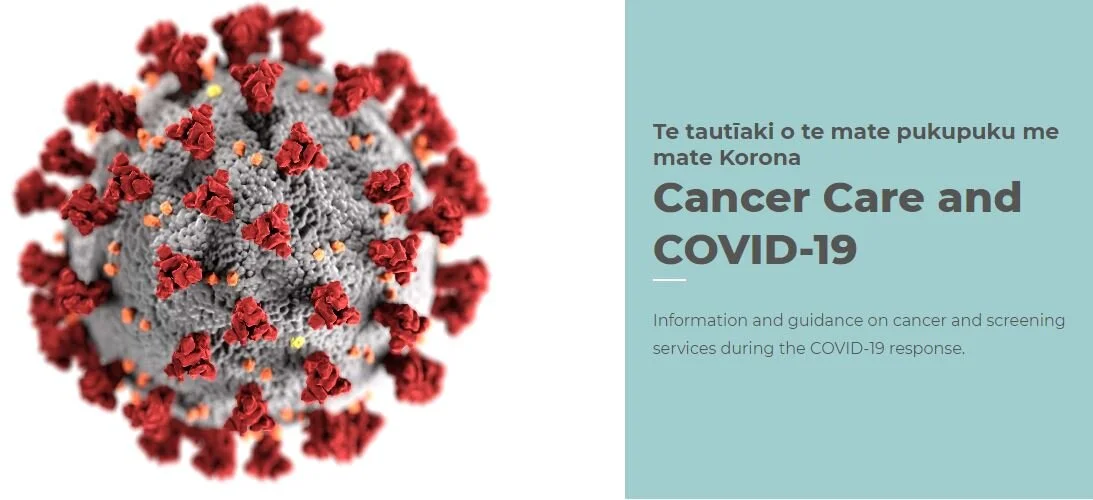Cancer Control Agency Releases COVID-19 Vaccine Advice
The New Zealand Cancer Control Agency, Te Aho O Te Kahu, has recently released advice for clinicians on COVID-19 vaccines and cancer. They have also provided answers to frequently asked questions (FAQ) for whānau living with cancer, which we have summarised below.
While not specifically addressing brain tumours, the advice covers common treatments for cancer such as radiotherapy, chemotherapy and immunotherapy. There is also advice for those about to undergo cancer-related surgery.
Because the Cancer Control Agency advice is general, it is important that people currently receiving, or about to receive, treatment for a brain tumour talk to their specialist or GP about the specifics of their COVID-19 vaccination.
Grade 3 or 4 brain tumours are classified as malignant and therefore fall under the Ministry of Health’s Group 3 - people with an underlying health condition and who are at risk of getting very sick from COVID-19. The estimated start date for Group 3 vaccine roll out is May 2021.
People with grade 1 or 2 brain tumours are encouraged to ask their doctor if they qualify as having an underlying health condition which would also include them in Group 3.
FAQs for people with cancer and the COVID-19 vaccines
(reproduced from the NZ Cancer Control Agency website)
Are people with cancer more vulnerable to COVID-19 than the general population?
People with cancer are at an increased risk of getting COVID-19 and have a greater risk of serious infection if they do get COVID-19.
When will people with cancer be able to receive a COVID-19 vaccine?
This is being worked through currently. Many people with cancer will be included in those who are at high risk, so will be prioritised to receive the vaccine. Information on the timing of the roll out is on the Ministry of Health website. This will be updated as more information becomes available.
What are the side effects of the vaccine for people with cancer?
The general information on side-effects from the COVID-19 vaccine can be found here. There is no evidence that people with cancer experience different or worse side effects than the general population.
Should I get the COVID-19 vaccine if I am currently receiving cancer treatment?
Yes. Talk to your cancer doctor, as depending on what treatment you are on, they may want to time the vaccine to be delivered at a certain point in your treatment cycle.
Will the COVID-19 vaccine affect or interact with cancer treatments?
There is not currently any evidence to suggest that the COVID-19 vaccine interacts with cancer treatments. Decisions around timing of the vaccine are about maximising how effective the vaccine is, rather than concerns around how it will interact with cancer treatments.
I had cancer 5 years ago, is it OK for me to get the vaccine?
If you have finished your cancer treatment and have been discharged from your hospital specialist, you should get the vaccine when it is offered to you. If you have any concerns you can discuss these with your GP.
Who should people with cancer talk to about receiving the COVID-19 vaccine?
We recommend that you talk to your cancer doctor if you have questions or concerns. If you have been discharged from hospital services, we recommend you talk to your GP if you have questions or concerns.

